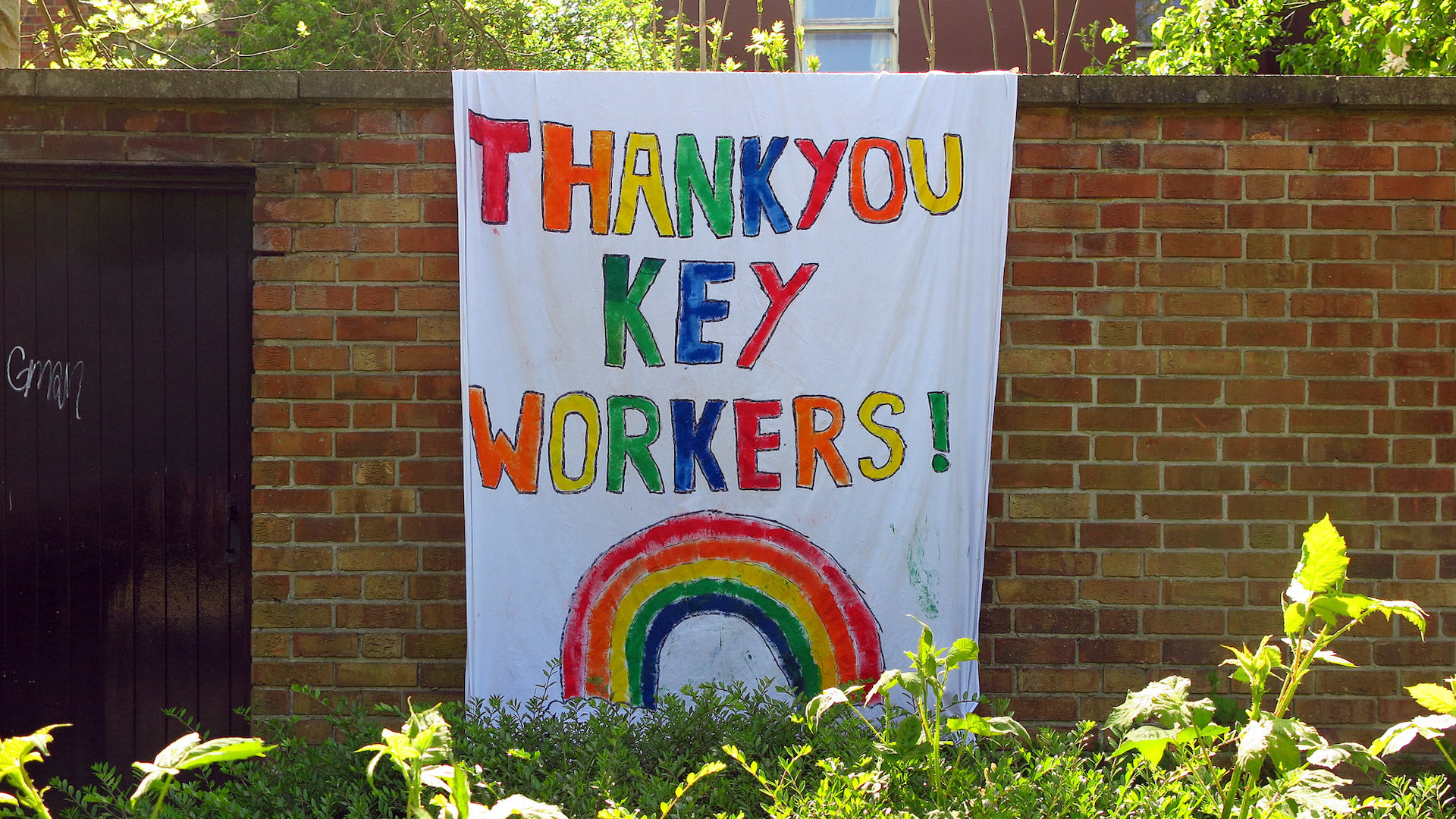It is a pattern seen across the UK, the report said, with 86.5 Covid-19 deaths per 100,000 people in the most deprived areas of Scotland compared to 38.2 deaths per 100,000 in better-off communities.
ISAGE also warned of an “epidemic of homelessness” after finding that the number of private renters in arrears has doubled to more than 400,000 in the past year. Around 20,000 people were illegally evicted during lockdown.
Speaking at an Independent SAGE press briefing, Professor Tolullah Oni told The Big Issue focus must be on how the transformative efforts of the Everyone In scheme, when nearly 15,000 homeless people were taken in to single-room accommodation, can be sustained. She said homelessness was a “scourge” on the UK.
Professor Kamlesh Khunti said there must be robust policy in place to ensure Everyone In-style action is effective after many people who are homeless were placed in overcrowded B&Bs and hotels with shared facilities.
“Healthcare access is always poor for homeless people,” he added. “It’s poor for everyone currently. It’s essential that is reinstated.”
To tackle existing health inequalities and build a more resilient economy, we have to right the wrong of poverty
In a set of 20 recommendations to the Government, ISAGE said cancelling rent arrears, or providing long-term no-interest loans to cover them, was key to reducing homelessness during and after the pandemic.
Advertising helps fund Big Issue’s mission to end poverty
“Covid-19 is an unequal pandemic,” said Professor Clare Bambra, who co-authored the report with Professor Pollock, “impacting most on the most deprived. It is exacerbating health and economic inequalities across our society.
“The emerging economic crisis is likely to further increase health inequalities unless there is re-investment in public services and the social safety net is improved.”
The scientists also want ministers to abolish Section 21 ‘no-fault’ evictions within the next twelve months, while introducing a duty to provide accommodation immediately for anyone without a safe place to stay.
Expanding the free school meals scheme to all school age children is also crucial, they said, as well as creating a nationwide fruit and vegetable subsidy programme.
“An extraordinary number of families with children are facing severe financial hardship as a result of the pandemic,” Sara Willcocks, head of external affairs at Turn2us, said in response to the report. “We must recognise that for many the pandemic has exacerbated pre-existing inequalities that have left them more vulnerable to being pulled into poverty.
“Over the last decade, support for children has been subject to freezes, cuts and sub-inflationary increases – leaving many families struggling to keep their heads above water. We’ve heard directly from parents about being unable to afford food and essential bills.
Advertising helps fund Big Issue’s mission to end poverty
“As a society we need to invest in all children so that they can not only survive but thrive. We urge government to increase the child element of Universal Credit, expand free school meals and to urgently review policies like the benefit cap and two-child limit.”
The Government has poured billions of pounds into economic and social support mechanisms since the start of the pandemic, including a furlough scheme for employees who are unable to work during lockdown, mortgage payment holidays for homeowners, emergency accommodation for people who are homeless and increased support for children.
Campaigners have often warned the measures to not go far enough in protecting the most vulnerable in society, however.
Iain Porter, policy and partnerships manager at the Joseph Rowntree Foundation, said: “The coronavirus pandemic has shone a spotlight on the deep-rooted inequalities that exist in our society. We know that many of the people who were at greatest risk of poverty prior to the pandemic have been some of the hardest hit by its health and economic impacts.
“To tackle existing health inequalities and build a more resilient economy, we have to right the wrong of poverty. The Government must make the £20 a week increase to Universal Credit permanent and extend this same support to those on legacy benefits. We also need to support families to keep their homes and rebuild their livelihoods by pursuing a good jobs recovery that reaches every corner of our country.”





